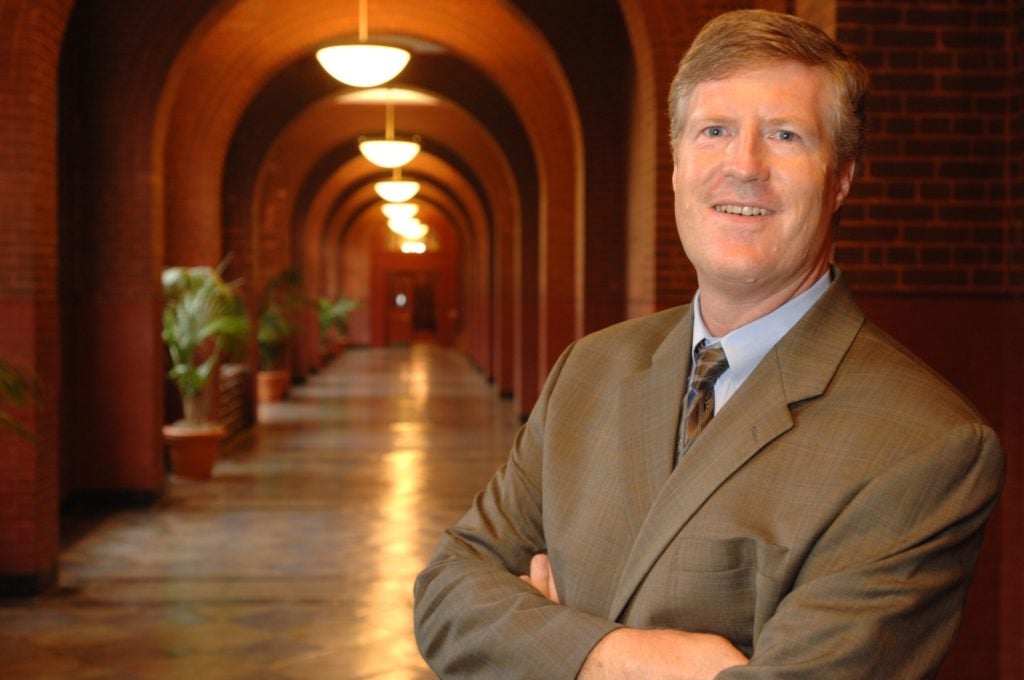John Mayo issues follow-up statement on the FCC’s Order on Restoring Internet Freedom
Posted in News | Tagged News - Digital Economy

CBPP executive director, John Mayo, issued the following in response to the December 14, 2017, Federal Communications Commission vote on its Restoring Internet Freedom Order:
While some will see today’s Federal Communications Commission (FCC) order simply and solely as an ideological rebuke of regulation and an attempt to ‘end the internet as we know it,’ economic analysis indicates this hyperbole is unwarranted. The facts are that from 1996 until 2015, the provision of internet access was largely unregulated, and the results were, economically speaking, spectacularly successful.
The output of internet access increased dramatically. Investment soared, innovation in the internet ecosystem flourished, and prices per megabit of traffic transported fell dramatically. Against this backdrop, the 2015 decision to regulate the internet using statutes designed for 20th-century public utilities was anachronistic and destined to create more economic harm than good. The return to the successful governance mechanism of regulating the internet more as is typical of business firms throughout the economy will re-catalyze all of the drivers that led to the success of the internet over the past 20 years.
Concerns that in the wake of today’s order internet access providers will be free to wreak havoc upon consumers are exaggerated. In particular, while competition among internet service providers offers consumers reassurance that they will not be harmed by today’s decision, the Federal Trade Commission and the U.S. Department of Justice continue to have wide-ranging and ongoing authority to halt unfair methods of competition; block contracts, combinations, or conspiracies in restraint of trade; and halt monopolization or attempts to monopolize by internet service providers. Going forward, the combination of market and regulatory protections in place means that fears of a wild, wild west – that is, an internet free of any regulatory oversight – in the wake of today’s FCC order are greatly exaggerated.
The time to close out the debate around these issues is now so that they are no longer distractions from important pressing issues like building out 5G mobile broadband and reforming existing subsidy systems across the communications sector. Beyond today’s FCC action, new legislation would most effectively put to bed any remaining issues of how to protect consumers in the digital economy.
